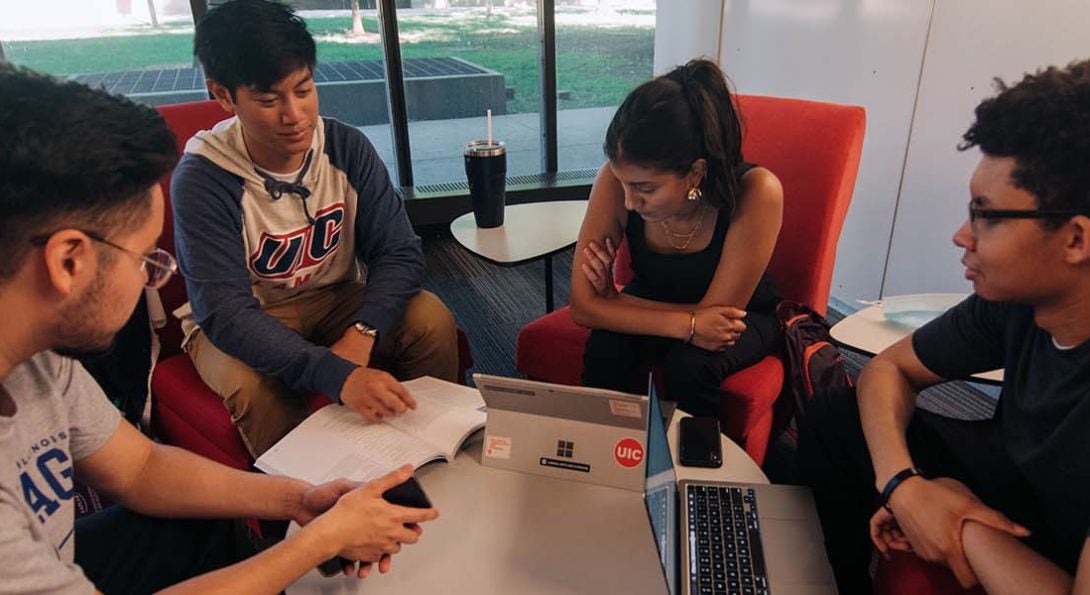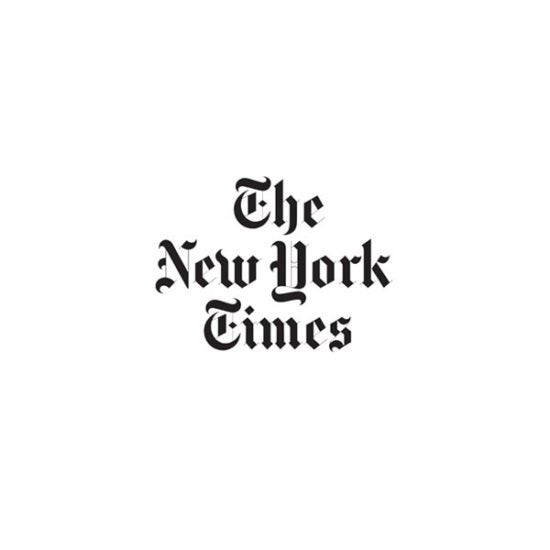Why Study the Liberal Arts & Sciences?

While some fields of study and careers experience peaks and valleys in appeal, a liberal arts and sciences education can offer a competitive advantage in the labor market and enduring career success. In fact, in the face of rapid technical advancement, climate change, globalization, and social and political uncertainty, a liberal arts degree is a priceless asset.
At the College of Liberal Arts and Sciences (LAS), we know that the most important jobs of tomorrow have yet to be created. The world needs sharp minds, critical thinkers, and leaders who will be able to leverage new opportunities and inspire positive social change. Our goal is to provide students with the knowledge, skills, and scholarly foundation - across the humanities, natural sciences, and social sciences - for long-term success.
We challenge students to set and achieve ambitious goals for themselves, and our graduates emerge from our programs as sharper communicators, researchers, problem solvers, and leaders equipped with the very skills that today’s employers demand. LAS students also have access to robust supports including First-Year Seminars and learning centers for assistance with language, math, writing, and science courses. Our dedicated and professional academic advisors offer full-time support to each and every student throughout his or her academic journey at UIC.
At LAS, we believe that a liberal arts and sciences education offers door-opening experiences, career flexibility, and opportunities for students to achieve a brighter future for themselves, their communities, and the world at large.
Explore UIC LAS Heading link

A new study from Georgetown University’s Center on Education and the Workforce finds that over the course of a career, a liberal arts education is remarkably practical, providing a median return on investment 40 years after enrollment that approaches $1 million.
| Washington Post, January 2020

“According to a survey by the National Association of Colleges and Employers, the three attributes of college graduates that employers considered most important were written communication, problem-solving, and the ability to work in a team. Quantitative and technical skills both made the top 10, alongside other “soft” skills like initiative, verbal communication, and leadership. In the liberal arts tradition, these skills are built through dialogue between instructors and students, and through close reading and analysis of a broad range of subjects and texts.”
| Harvard Kennedy School, September 2019

… the ever-expanding tech sector is now producing career opportunities in fields… that specifically require the skills taught in the humanities. To thrive in these areas, one must be able to communicate effectively, read subtle social and emotional cues, make persuasive arguments, adapt quickly to fluid environments, interpret new forms of information while translating them into a compelling narrative and anticipate obstacles and opportunities before they arise. Programs like English or history represent better preparation…for the demands of the newly emerging “rapport sector” than vocationally oriented disciplines like engineering or finance.
| Author of "A Practical Education"

The reality is we need the social and critical communication skills that are best honed in the liberal arts. According to the Harvard Business Review, while technical skills are important, “What matters now is not the skills you have but how you think. Can you ask the right questions? Do you know what problem you’re trying to solve in the first place?” They remind us there is a “long list of successful tech leaders who hold degrees in the humanities. To mention just a few CEOs: Stewart Butterfield, Slack, philosophy; Jack Ma, Alibaba, English; Susan Wojcicki, YouTube, history and literature; Brian Chesky, Airbnb, fine arts.”
| The Daily Beast, December 2018